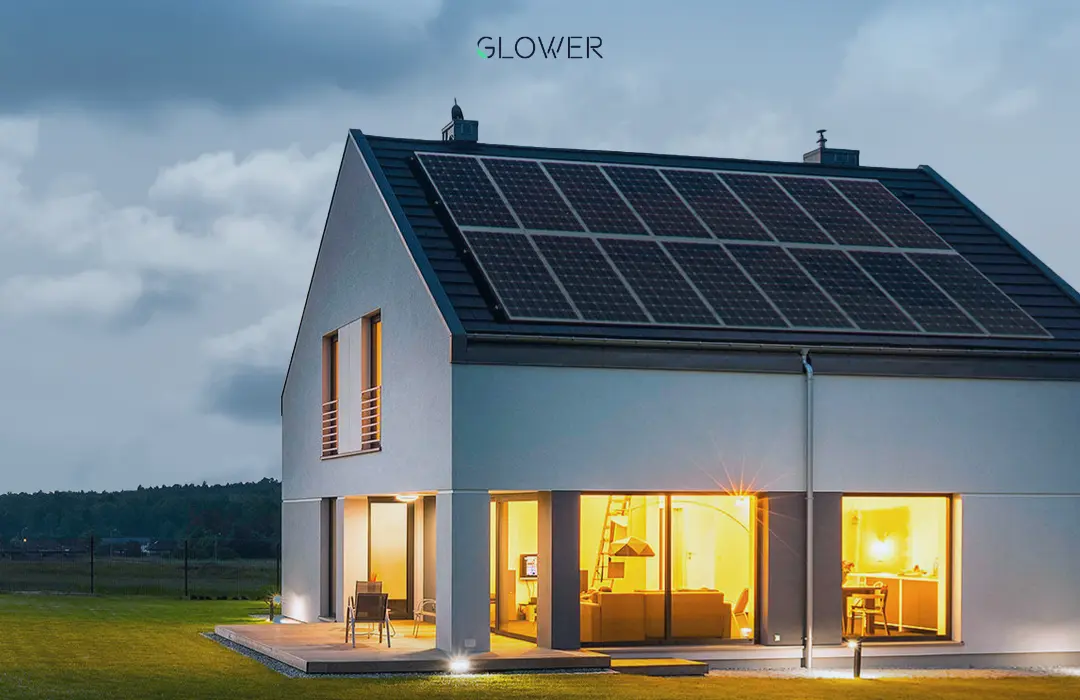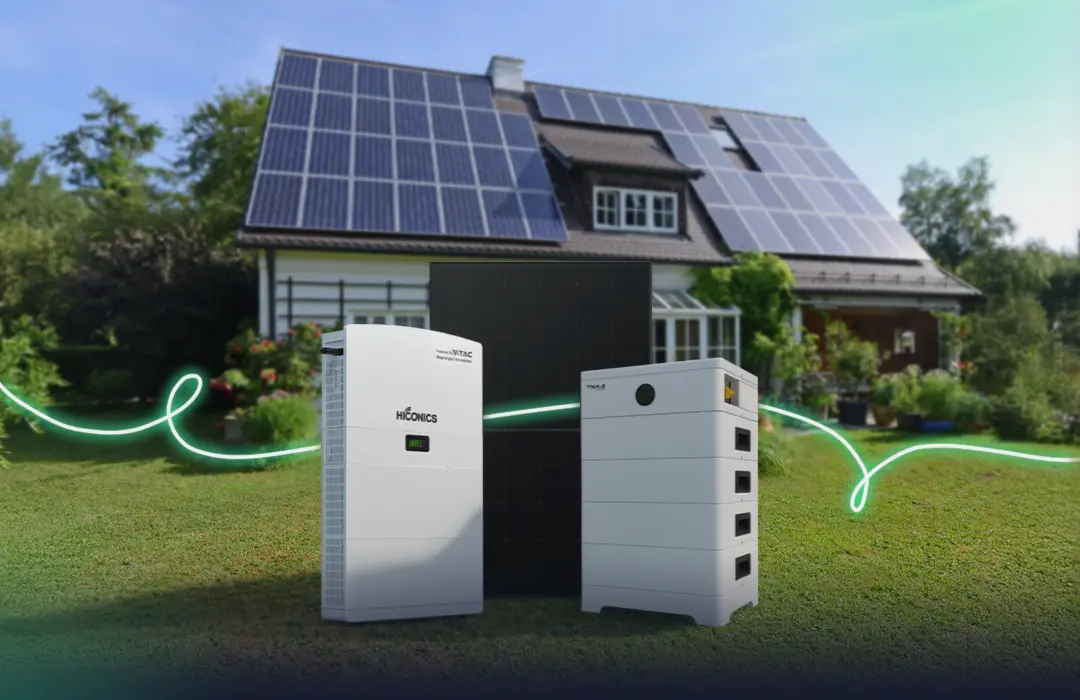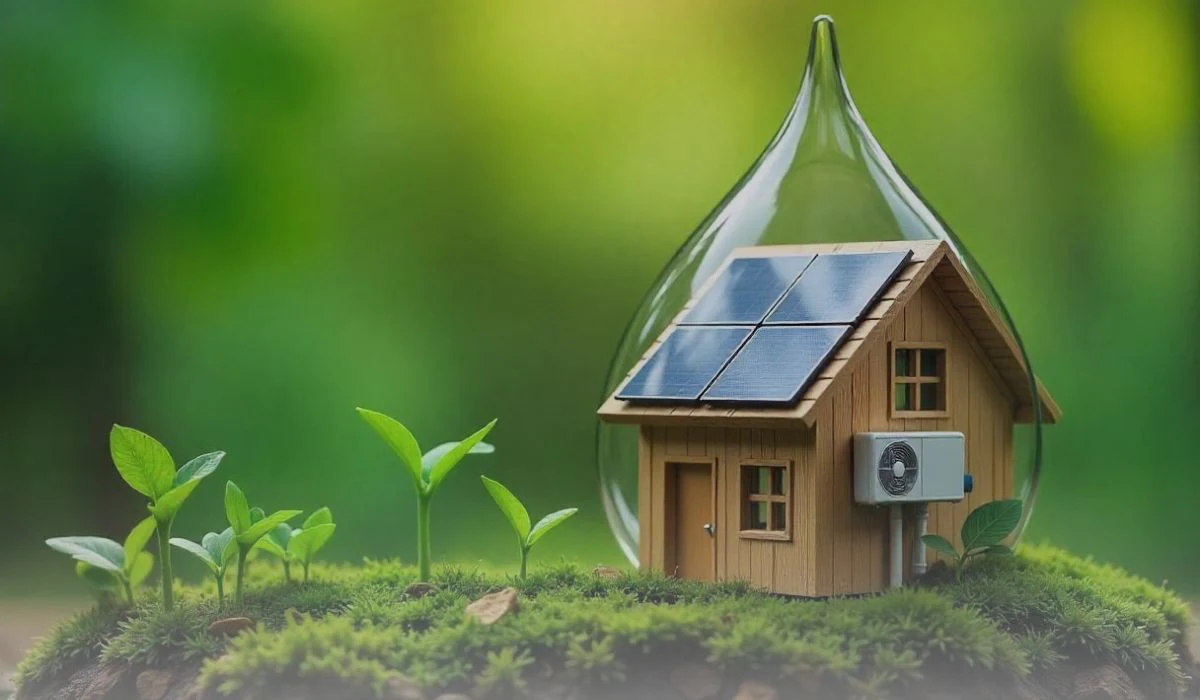Thinking about installing solar panels or a home battery but not sure how it all works? You’re not alone.
Many Australians are exploring solar energy to cut rising electricity bills, but understanding how solar actually pays for itself and how batteries fit into the picture can be confusing.
Let’s break it down simply, how solar power works, how much you can save, and whether adding a battery makes financial sense for your home.
What Is the Power of Solar Energy?
Solar energy is one of the most powerful and abundant sources of renewable energy available. Every hour, enough sunlight hits the Earth to power every home and business on the planet for an entire year.
By installing solar panels on your roof, you can capture a small portion of that energy and convert it into clean, usable electricity for your household, reducing your reliance on the grid and your monthly bills.
Will We Ever Run Out of Solar Power?
The short answer: no.
Unlike fossil fuels, which are finite, sunlight is an infinite resource. As long as the sun shines, solar energy will remain available. That makes it one of the most sustainable and reliable energy sources for Australian homes.
How Does Solar Save You Money?
Your rooftop solar system generates electricity during the day. That energy can be:
- Used immediately to run your home appliances (this is called self-consumption),
- Exported to the grid when you produce more than you use (you’ll earn a feed-in tariff), or
- Stored in a battery if you have one, to be used later when the sun isn’t shining.
💡 You save money every time you use solar energy instead of buying electricity from the grid, especially during peak tariff hours when electricity prices are highest.
☀️ Example: How Solar Changes a Household’s Electricity Use
Let’s look at an example similar to what many Aussie families experience.
Michael’s home in Geelong has a 6.6 kW rooftop solar system but no battery.
- At midday, his solar panels are generating 5 kW of power. His home appliances are using 1.5 kW (fridge, lights, laptop), so 1.5 kW is self-consumed, and the remaining 3.5 kW is exported to the grid.

- In the evening, when solar generation drops, his household uses 2.5 kW of power for dinner prep and TV, all drawn from the grid.

Michael’s solar system lowers his bills because he buys less electricity overall, but he still relies on the grid at night, and that’s where a battery can make a big difference.
💡 Keep reading to find out what happens when Michael adds a battery to his solar setup
Why Is My Electricity Bill Still High With Solar Panels?
If you’ve installed solar and your bills are still higher than expected, there could be a few reasons:
- You’re using more power than your system generates, especially at night.
- Your solar system size doesn’t match your household’s energy needs.
- Your feed-in tariff (the rate you get for exporting energy) is low.
- Your solar equipment might not be performing efficiently.
- Your consumption habits have changed, maybe you’re home more often or using more appliances.
💡 The key is to maximise self-consumption and store excess power if possible.
How Batteries Reduce Your Bills
Adding a battery takes your savings a step further. Instead of sending excess energy to the grid, your battery stores it for later, so you can use it in the evening when grid power is expensive.
A battery helps you:
- Use more of your own solar energy (boosting self-consumption),
- Avoid high time-of-use tariffs,
- Cut your dependence on the grid, and
- Keep your home running during power outages (if configured to do so).
💡 Even small savings from reduced curtailment, when excess energy would otherwise be wasted, add up over time.
☀️+🔋 Example: How a Battery Can Maximise Savings
Let’s continue Michael’s story. After installing a 10 kWh battery:
- During the day, excess solar power charges the battery.

- In the evening, instead of buying 2.5 kW from the grid, his battery supplies it directly.

🏠💵 As a result, Michael’s electricity bill drops dramatically, and his household runs mostly on clean solar energy.
Is It Worth Getting a Battery With Solar Panels?
While batteries are still a significant upfront investment, prices are falling quickly, and rebates make them more affordable than ever.
A solar battery can:
- Increase your energy independence,
- Provide backup power during blackouts,
- Help you make the most of your solar system, and
- Future-proof your home as electricity prices continue to rise.
💡 For most households, combining solar + battery provides the best balance between sustainability, comfort, and long-term savings. As you see in Michael’s example.
Final Thoughts
Solar and batteries aren’t just about saving money, they’re about taking control of your energy. Whether you’re just starting to explore solar or ready to go all in with battery storage, the investment pays off in lower bills, higher energy independence, and a smaller carbon footprint.
☀️🔋 Ready to see how much you could save?
Find the right solar + battery system for your home.





